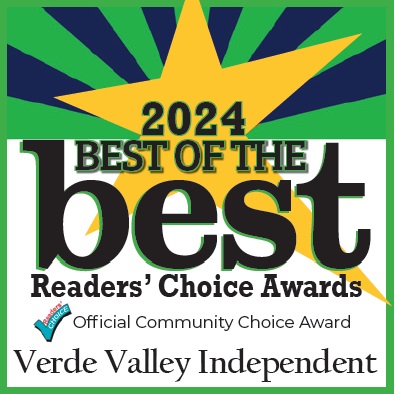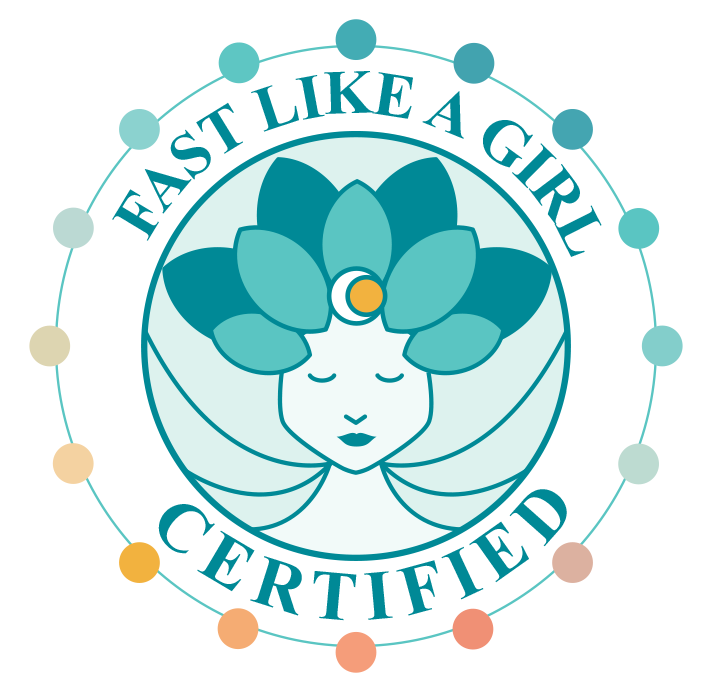Homeopathy: Medical Art or Pseudoscience?
 If your go-to for information is the internet, then Wickipedia might convince you that homeopathy is a pseudoscience, can’t possibly work and in fact doesn’t work.
If your go-to for information is the internet, then Wickipedia might convince you that homeopathy is a pseudoscience, can’t possibly work and in fact doesn’t work.
My work and training using Homeopathy as a medical treatment contradicts this. When such a widely used reference as Wikipedia is so biased and does not respond to professionals (such as Dana Ullman) who try to hold it to its own standards, let us start where we can, right here.
Homeopathy’s beginnings
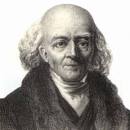 In the late-1700’s Samuel Hahnemann, a doctor in Germany, wrote down the medicine that he started practicing. It was a reaction to the medical practices of the day which he felt were poisoning people and not helping them heal.
In the late-1700’s Samuel Hahnemann, a doctor in Germany, wrote down the medicine that he started practicing. It was a reaction to the medical practices of the day which he felt were poisoning people and not helping them heal.
In The Organon of the Medical Art, Hahnemann sets out to explain the nature of health and disease and the principles of cure as he understood them. It is the medical system of treatment Hahnemann called Homeopathy.
Homeopathy was the predominant medical practice in pioneer days of the USA, and there was often a home kit for family treatment. In fact, . . .
Homeopathy Now
I would like to show you the evidence that fits rigorous guidelines to show you that homeopathy is not only a valid modality of medicine, but that it produces brilliant results.
Can the Queen of England and the vast population of India be getting well and maintain health with pseudoscience? And, what about the French healthcare system?
 The World Health Organization (WHO) has determined that France has the best health care system in the world. In France, homeopathy is part of their outstanding healthcare system. In a survey published in 2015 in the respected journal Family Practice, nearly half of all health care practitioners in France prescribed homeopathic medicines and
The World Health Organization (WHO) has determined that France has the best health care system in the world. In France, homeopathy is part of their outstanding healthcare system. In a survey published in 2015 in the respected journal Family Practice, nearly half of all health care practitioners in France prescribed homeopathic medicines and
“nearly 95% of general practitioners, dermatologists and pediatricians, and 75% of midwives”
did so. Would French practitioners be using pseudoscience in their top-notch healthcare system? Would it be top-notch if the treatments were not working?
Evidence base: pseudoscience or not
According to Wikipedia “pseudoscience is a claim, belief or practice which is presented as scientific, but does not adhere to valid scientific methods, lacks supporting evidence or plausibility, cannot be reliably tested, or otherwise lacks scientific status.”
Let’s look at these aspects individually.
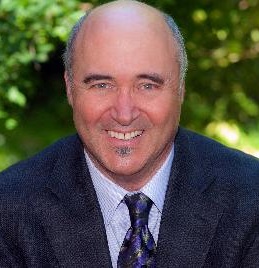 Here is a collection of randomized, double-blind, placebo-controlled studies published in the best medical journals in the world – the ones the established medical world recognizes. They were collected by Dana Ullman, one of America’s leading evidence-based advocates for homeopathy.
Here is a collection of randomized, double-blind, placebo-controlled studies published in the best medical journals in the world – the ones the established medical world recognizes. They were collected by Dana Ullman, one of America’s leading evidence-based advocates for homeopathy.
They show with the gold standard of a “double blind placebo-controlled cross-over trial” that homeopathic remedies were tested and worked with a significance better than placebo, which is the result all studies look for.
- Chronic obstructive pulmonary disease
- Hayfever
- Asthma
- Fibromyalgia
- More on Fibromyalgia
- Childhood diarrhea
- ADHD
And if this is not enough, a meta-analysis was conducted of 22 trials in which homeopathy had more than a 50% likelihood of benefiting patients.
They concluded:
- There was a small, statistically significant, treatment effect of individualised homeopathic treatment that was robust to sensitivity analysis based on ‘reliable evidence’.
(that means that the homeopathic treatment worked more than a placebo when it was analyzed rigorously to eliminate bias and assure trial design) - Findings are consistent with sub-group data available in a previous ‘global’ systematic review of homeopathy RCTs. (randomized controlled trials)
(This means that proof that homeopathy works through medical trials was confirmed in this meta-analysis and was also confirmed in other systematic reviews of homeopathy)
The only study cited was negative and discredited
 Ironically, the one study from a peer-reviewed medical journal that Wikipedia does reference is one that has been thoroughly discredited in another reputable journal that specializes in evaluating clinical research. This article showed significant bias in the selection of studies, picking the ones that with negative results or not following the basic principles of homeopathy.
Ironically, the one study from a peer-reviewed medical journal that Wikipedia does reference is one that has been thoroughly discredited in another reputable journal that specializes in evaluating clinical research. This article showed significant bias in the selection of studies, picking the ones that with negative results or not following the basic principles of homeopathy.
This meta-analysis by Shang is often used as evidence to prove that homeopathy doesn’t work.
In addition to these published in recognized journals, there have been many studies published in Homeopathic trade publications not recognized by the allopathic medical world, but have good valid information for Homeopaths.
Lacks plausibility
What is plausible?
“Having the appearance of truth or reason; seemingly worthy of approval or acceptance; credible; believable.”
Homeopathy has been accused to be unbelievable and unscientific because it “runs counter to the laws of chemistry and physics.”
I believe what they are referring to are the nanoparticles that are produced when a remedy is produced homeopathically and an effort to explain how homeopathy works with the “memory of water.”
This statement ignores the burgeoning valid science of nanoparticles. This field is big enough to have its own journal: Dose-Response.
This nanopartical research is evidence of the “memory of water.”
 As well there is published research on the “memory of water” by Nobel-prize winning virologist Luc Montagnier. If you understand French or translate the subtitles, you can replay a documentary on YouTube of “We Found the Memory of Water” which demonstrates his work.
As well there is published research on the “memory of water” by Nobel-prize winning virologist Luc Montagnier. If you understand French or translate the subtitles, you can replay a documentary on YouTube of “We Found the Memory of Water” which demonstrates his work.
Brian Josephson, PhD, Nobel Prize winner in 1973, claims that skeptics of homeopathy suffer from chronic ignorance of the subject. He says that “The idea that water can have memory can be readily refuted by any one of a number of easily understood, invalid arguments.”
We tend to go for what we can understand in the framework of what we have been taught in the past. How can highly diluted substances which are prepared in a particular way have any effect on our physical body? Any argument will not stand up if you look at the validity of the research on the memory of water.
Biological plausibility
That research was published by a journal of the American Chemical Society, Langmuir, in 2012.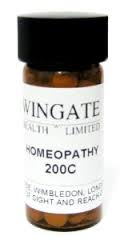
The researchers verified that nanoparticles of six medicinal plants could still be found in solutions after they were diluted to the degree commonly used in homeopathic remedies These six different plants were diluted in water one part to 100 6 times, 30 times, even 200 times.
The preparation of homeopathic remedies includes a pharmaceutical procedure called “potentization” which is a clever way of producing nanoparticles.
Improved efficacy
There is a more and more evidence that nanodoses of medicinal substances have benefits greater than the full dose of the medicinal substance. Plant medicines given in herbal doses have pharmacological effects to push physiological pathways to a desired effect. On the other hand, Homeopathic remedies work differently in that they stimulate adaptive effects following the principle of hormesis.
“Hormesis is a term used by toxicologists to refer to a biphasic dose response to an environmental agent characterized by a low dose stimulation or beneficial effect and a high dose inhibitory or toxic effect. In the fields of biology and medicine hormesis is defined as an adaptive response of cells and organisms to a moderate (usually intermittent) stress.”
By giving a low dose stimulation with a low dose (extremely low in this case) homeopathic remedy, the cells and organism makes a beneficial adaptation, meaning it functions better.
This article shows that Homeopathic remedies act by stimulating hormetic adaptive effects such as:
- enhanced bioavailability
- adsorptive capacity
- intracellular accessibility
- increased ability to cross cell membranes
- ability to cross the blood brain barrier
- with a substantial safety profile
What medicine wouldn’t want to be more easily absorbed and used in the cells of the body!
Disbelief
Those that disapprove of Homeopathy often have this sentiment:
“Even if it were true, I would not believe it.”
This is an example of pathological disbelief. It is a pre-judged bias and lack of acceptance. I feel that a general lack of acceptance of homeopathy is based in ignorance of what it truly is, unwillingness to open the mind, and lack of historical perspective and personal experience.
Do you use homeopathy?
How does it work for you?



